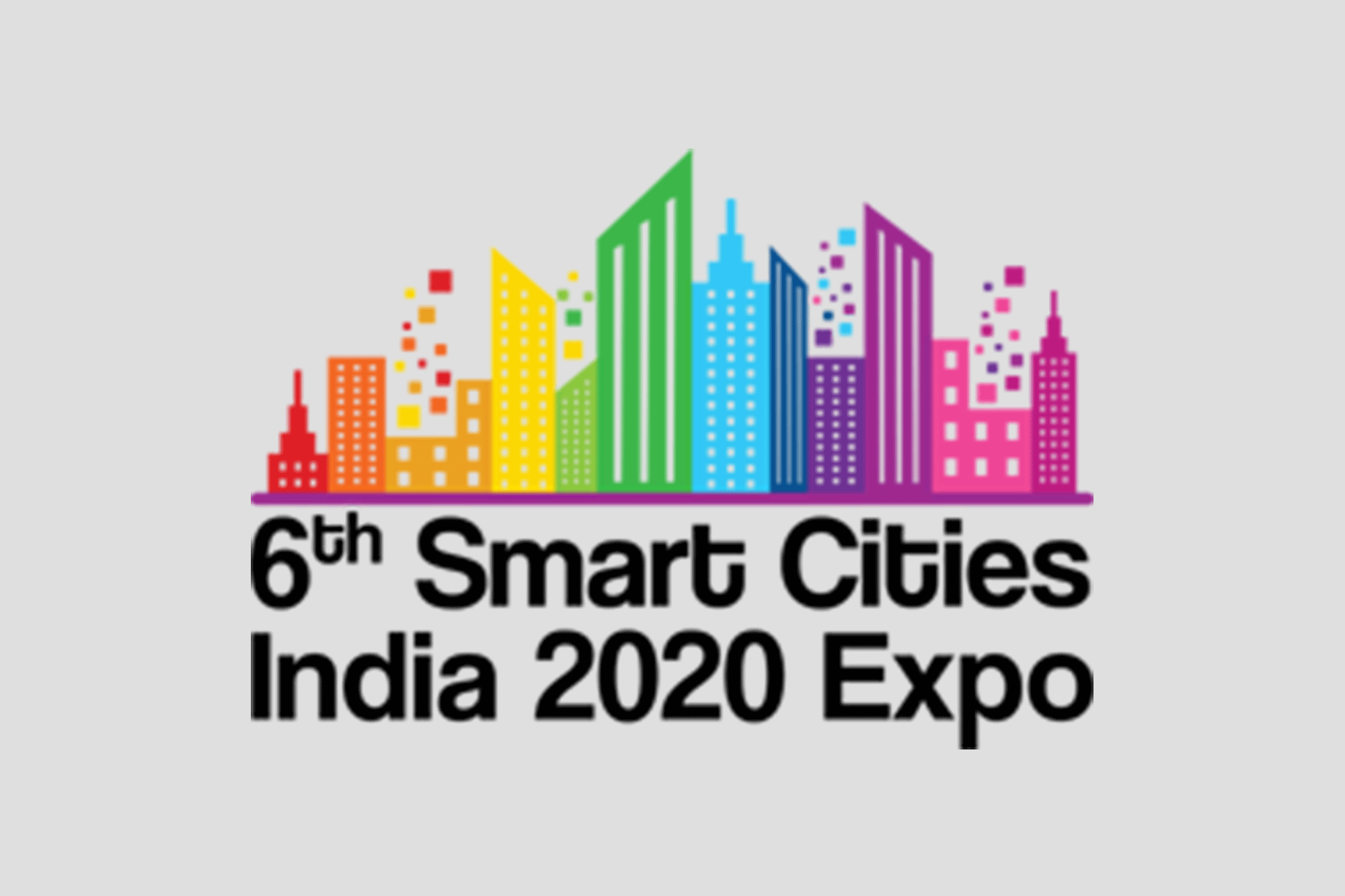Green Dream Foundation and Smart Cities India 2020 expo discuss waste segregation management amid Covid-19
By Edit Team | May 9, 2020 5:50 am SHARE

Over 230 people from across sectors including environment professionals and enthusiasts, health officials, resident welfare associations, industry CEOs etc. tuned in to the conversation as municipalities, cities and citizens shared their insights into the right methods of waste segregation.
With the Covid-19 pandemic affecting businesses and life as we know it, it’s time to strictly embrace some life-saving habits to emerge from this global crisis. Green Dream Foundation and Smart Cities India 2020 expo was the first in a series of webinars to answer highly pertinent and important questions related to waste segregation and management.
Over 230 people from across sectors including environment professionals and enthusiasts, health officials, resident welfare associations, industry CEOs etc tuned in to the conversation as municipalities, cities and citizens shared their insights into the right methods of waste segregation; the dire need of adopting them and how diligently following waste segregation protocols issued by Central Pollution Control Board are essential for combating the epidemic. Moderated by Ashish Sachdeva, Founder President, Green Dream Foundation; the illustrious speakers shared the steps undertaken for waste segregation, challenges faced and the way forward as they continue to battle novel coronavirus.
KK Yadav, Municipal Commissioner, Municipal Corporation Chandigarh said, “We are ensuring that waste collection happens efficiently, especially from quarantined homes whilst keeping in mind the health and safety of municipal workers. Over 30,000 households in Chandigarh were already home-composting before Covid-19 times, and we have now provided home composting kits to many others to help combat waste. Chandigarh is a smart city with responsible citizens who have been well following waste segregation guidelines. In fact, we get feedback on how things can be bettered in terms of waste segregation and collection services.”
Subbiah Sivadubramanian, Municipal Commissioner, Trichy Municipal Corporation appreciated the work done by frontline workers, commenting that not a single department employee took a leave of absence in these trying times. “We want to bring about change and enforce the responsibility of EPR upon big producers. Extended Producer Responsibility must be assumed by big corporates, especially amongst diaper and napkin producers as they are the largest waste generators. Since the end of lockdown 2.0 as the amount of waste generation has increased, we have imposed fines on public littering. Trichy has done well in the war on coronavirus.”
Eliyas Pathan, HoD, Solid Waste & Drainage Department, Surat Municipal Corporation, elaborated on the crucial task of handling hazardous biomedical waste, saying “Surat city with a population of over 5 million people generates 1,700 metric tonnes of waste per day. The city has been divided into 7 zones with 10 dedicated Covid-19 centres. There are 4 Covid-19 hospitals in the city and hospital workers are segregating the waste at source. This hazardous biomedical waste is being managed by a centralized biomedical waste treatment facility operator. The domestic hazardous waste, on the other hand, is being collected by door-to-door operators in yellow bags and handed over to the centralized operator for treatment.”
A success story of waste segregation was shared by Ranu Kalra, AAO, Grand Omaxe Noida who employed a clever way of engaging children and domestic helpers to segregate household waste a long time ago. “We realised what’s needed is a mindset change. We encouraged the resident children to visit door to door & tower to tower to spread the message, and we even had cases of domestic helpers demanding two bins to segregate waste in the kitchen! The Noida authorities helped us with home composting kits, and we invested in red, blue & green bins to segregate waste at our end. The authorities also provided us cloth bags to collect garbage, which has heavily reduced our plastic use; making us a plastic-free society. In Covid-19 days, we have provided an extra red bag to our waste collectors for hazardous biomedical waste like masks- which the residents wrap in layers of newspapers, and is handed to the city collection services without the door-to-door operators having to touch them.”
Ashish Sachdeva also highlighted the ongoing campaign by Green Dream Foundation for supporting informal waste pickers in Noida where the organization is providing essential groceries to them, as well as reusable face masks. He mentioned that reduction of waste is the best way to manage it in the first place. The littering of masks due to lack of segregation at source and inadequate collection mechanism are creating a bigger threat of spreading the novel coronavirus.
Cookie Consent
We use cookies to personalize your experience. By continuing to visit this website you agree to our Terms & Conditions, Privacy Policy and Cookie Policy.




















